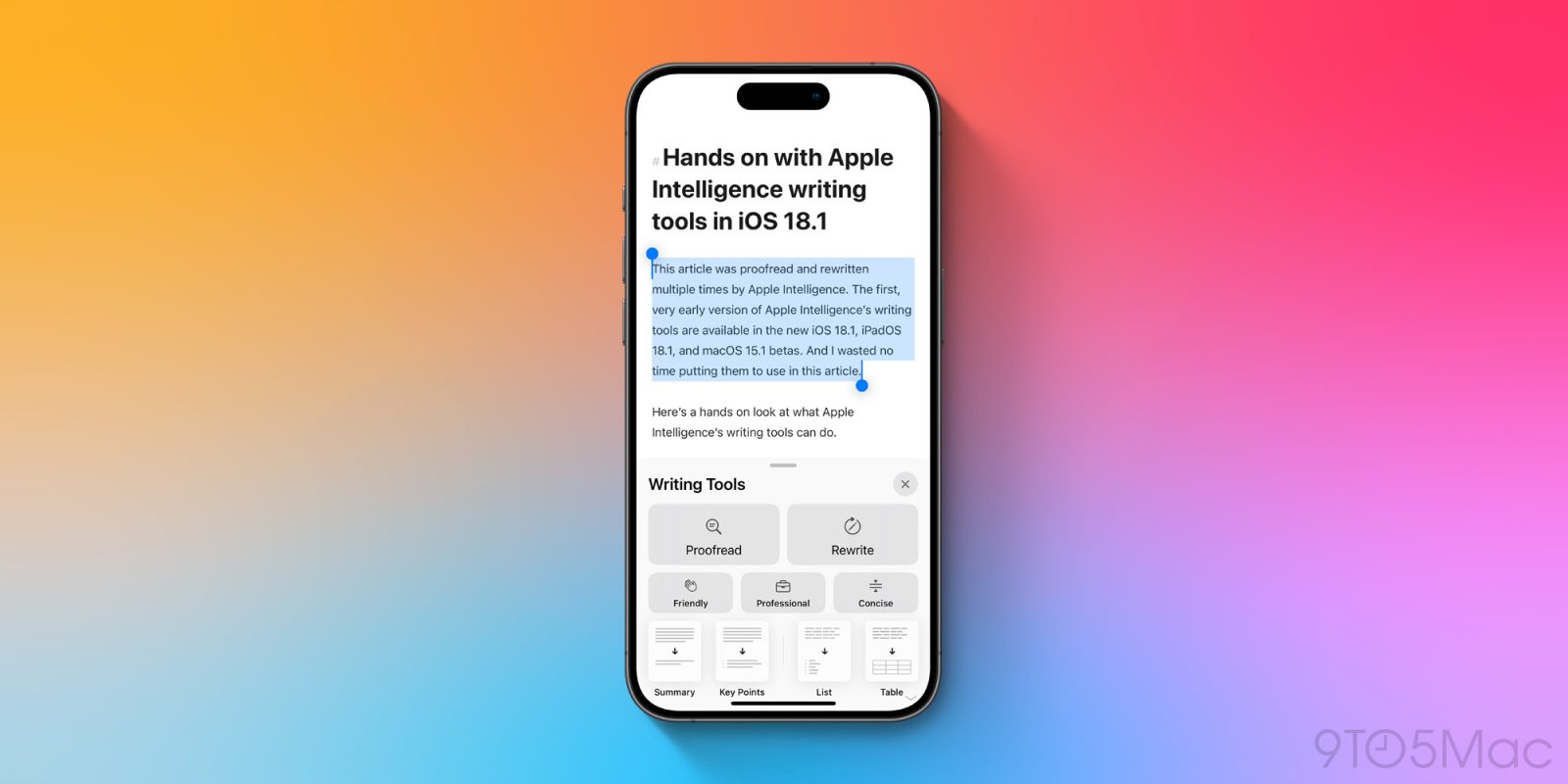Normal view
-
Latest Tech News from CNBC
- TSMC first-quarter profit tops estimates, rising 60%, but Trump trade policy threatens growth
TSMC first-quarter profit tops estimates, rising 60%, but Trump trade policy threatens growth
Strava acquires massively popular Runna app

Go to any run club in the world and thereâs a good chance that everyone there has two things: a Garmin smartwatch to track their run and a Strava account to brag about it. Given the global running boom, it makes Stravaâs lack of any modern, in-app training plans a curious and glaring omission. Or, at least, it was until today as Strava is acquiring Runna.
For those who donât torture themselves with a 6AM daily run, this is big news â even if the companies are keeping mum on the dealâs financial details. Strava is the most well-known fitness social media app on the market. Meanwhile, Runna burst onto the scene in 2021 and has quickly climbed the app charts for folks in need of 5K, 10K, or marathon training plans. Since launch, itâs secured an additional $6.3 million in funding for its AI-powered run coaching, with users spanning 180 countries. In 2024, Runna also tripled the size of its team and is currently hiring roughly 50 roles to expand the product and tech. Peruse running subreddits or RunTok, and youâll invariably see someone asking about or recommending the app.
The deal seems like a win-win for Strava and Runna. Strava gets to shore up one of its biggest we …
-
Latest Tech News from the Financial Post
- EU centre-right vows to stick to firewall to defeat Europe’s ‘authoritarian wave’
EU centre-right vows to stick to firewall to defeat Europe’s ‘authoritarian wave’
Shein and Temu warn tariffs will raise prices in US

PS5 price jumps £40 as Sony cites 'challenging' market conditions

Amid tariff upheaval, marketers look to AI solutions to eke out creative gains
With brand budgets under pressure, marketers are reaching for every lever they can pull to make their campaigns more efficient.
One area that’s often overlooked? The creative itself.
Creative quality contributes to nearly 50% of media impact, according to Kantar, ahead of reach or frequency control in the pecking order. Keeping quality consistent isn’t easy, though. For global advertisers with marketing teams and agency relationships sprawling across multiple markets, maintaining hard brand guidelines can be difficult, making creative and attached paid media spend less efficient.
Continue reading this article on digiday.com. Sign up for Digiday newsletters to get the latest on media, marketing and the future of TV.
Digiday+ Research Briefing: A look at the potential of Gen X and baby boomer influencers
In Digiday+ Research’s end-of-year survey in 2024, we learned that marketers expect to grow their investments in influencer marketing in 2025 compared with 2024. Of marketer respondents, 57% said their company would increase their budget for influencer marketing in 2025, the highest among the asked channels. Influencer marketing also had the lowest rate of marketers saying the budget would remain the same, at 38%, highlighting the focus marketers have for the strategy in the upcoming year.
But before they can dig into influencer marketing investments, marketers must first get a handle on social media use overall. In our Q1 survey, we found that brand and retailer pros’ use of TikTok fell by 17 percentage points in Q1 2025 compared to Q3 2024 — a number that will likely continue to fluctuate as the U.S. TikTok ban remains uncertain.
This is a member-exclusive article from Digiday. Continue reading it on digiday.com and subscribe to continue reading content like this.
Media Briefing: From fringe to frontline – AI’s fast-track rise in newsrooms
This week’s Media Briefing looks at how publishers including Financial Times, Immediate Media and Reuters adopting AI tools to augment their journalism.
- AI-assisted newsrooms
- Gannett’s DE&I pullback, AP’s White House ban and more
— Jessica Davies, senior media editor, Digiday
This is a member-exclusive article from Digiday. Continue reading it on digiday.com and subscribe to continue reading content like this.
Inside WPP’s $150 million InfoSum purchase
WPP’s acquisition of data clean room InfoSum has raised eyebrows both inside and outside the industry, not just because of what it signals about the holding company’s ambitions but also because of what it reveals about its anxieties.
Let’s start with the upside.
The holdco has bought a business it believes, rightly or wrongly, can bolster its cash cow: GroupM. The media buying unit has faced those pressures for some time, and those cracks have played a role in several high-profile client departures over the past year. Yes, WPP has chalked up some headline wins recently — Amazon and Unilever, to name a couple — but there’s no denying that whatever GroupM is selling, CMOs aren’t buying it like they used to.
Continue reading this article on digiday.com. Sign up for Digiday newsletters to get the latest on media, marketing and the future of TV.
Temu’s tariff-induced ad retreat opens a window for retail rivals
When Temu sneezes, paid social advertising catches a cold.
The Chinese e-commerce juggernaut has been one of the most aggressive spenders in digital advertising, blitzing Facebook and Instagram with a volume and velocity of ads few could match. But that spending spree is now showing signs of strain – thanks to a familiar force: President Donald Trump.
The president’s renewed push for steep tariffs on Chinese imports has started to rattle the retailer – and much of the social ad business.
Continue reading this article on digiday.com. Sign up for Digiday newsletters to get the latest on media, marketing and the future of TV.
-
Latest Tech News from the Financial Post
- OpenAI and SoftBank weigh UK investment for Stargate AI project
OpenAI and SoftBank weigh UK investment for Stargate AI project
xAI adds a ‘memory’ feature to Grok
Tesla whistleblower wins legal battle against Elon Musk

Everyone's jumping on the AI doll trend - but what are the concerns?

Zuckerberg tells court he made WhatsApp and Instagram better

Towards the end of Mark Zuckerbergâs testimony in a Washington, DC courthouse, a smile flashed across his face.
Metaâs lead attorney, Mark Hansen, had asked the CEO if he was âhappyâ about paying $19 billion for WhatsApp in 2014.
Zuckerberg flashed a grin, took a brief pause, and responded, âIâd do it again.â
Over the last decade, the growing scale of Instagram and WhatsApp cemented Meta as one of the most powerful companies on earth. Now, the US government, via a Federal Trade Commission antitrust lawsuit, is trying to unwind those acquisitions through a trial that began on April 14th. Zuckerberg spent roughly 13 hours across three days answering questions from the FTC and Meta lawyers. Much of that time on Wednesday was devoted to attempting to refute one core argument: that he bought both apps to take them out and not to make them better.
The FTC contends that WhatsApp was acquired because Zuckerberg and his executives were worried at the time that private messaging apps would grow into fully-fledged social media businesses. From the witness stand, Zuckerberg acknowledged that it was âsomething I thought about,â but that he thought it would be âextremel …
-
Tech News - Latest Technology and Gadget News | Sky News

- Strongest evidence of life yet found on planet beyond solar system
Strongest evidence of life yet found on planet beyond solar system

Tony Gilroy Says the World of Andor Could Expand, but It’s Up to Lucasfilm
We know Cassian's fate thanks to Rogue One, but the Star Wars series could launch other characters into new stories.
Zoom restores service after an hours-long outage
Meta blocks Apple Intelligence on Facebook and its other iOS apps
Apple Intelligence was announced with iOS 18 and has been available since last October, when Apple released iOS 18.1 to the public. Although most apps provide support for Apple Intelligence features by default, developers can choose not to have them in their apps – and it seems that Meta has decided to do so.
more…






